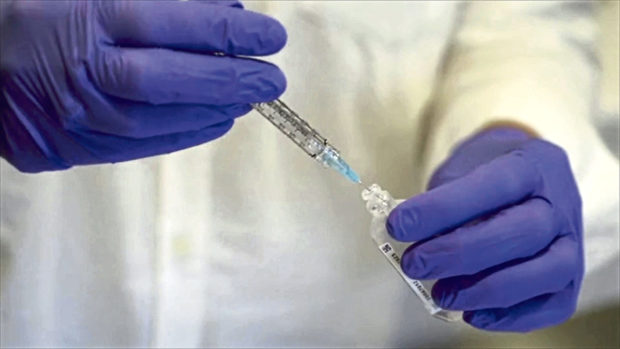The war over vaccines between the EU and UK has boosted support for Brexit, although time will tell whether that will be permanent or temporary.
The issue confirms the deep flaws in the EU’s centralised policies on behalf of 27 member states.
The wider question in agriculture is the impact this might have on already difficult efforts to tackle the problems in the trade deal between London and Brussels.
For now the EU will not be in a mood to compromise via any of the many committees tackling the issues that have emerged.
Problems have already hit fish exports from Scotland and the deal will be tested later in the year over lamb exports.
The comment over the vaccines from Brussels that it will do “whatever is necessary” to protect its citizens does not augur well for free and open trade.
How big an issue that becomes depends on how, and how quickly, the vaccine row is settled.
A European Commission study has confirmed that the 12 free trade agreements the EU has with various countries have been good for agriculture.
It says trade, both in terms of exports and imports, has been increased.
The report looks at prospects up to 2030, using different scenarios for the rate at which business will develop.
It says that by then the countries with which the EU now has agreements will account for 13% of agrifood exports. The balance of trade gap will remain in the EU’s favour.
The report says EU exports to these countries will increase by almost 30%, while imports will rise by less than 13%.
The big potential winners will be dairy, pork, wheat, wines and spirits.
Meanwhile, the European Commission has confirmed a private storage scheme for pig meat is being mooted. Some prices are close to a third below where they were this time last year.
Since July 2020 they have also slipped below the five-year average.
Despite the problems coronavirus brought in 2020 the EU 27 continued to grow their agricultural exports.
These rose by a modest 0.5% from January to October but, in a year such as 2020, any increase is impressive.
